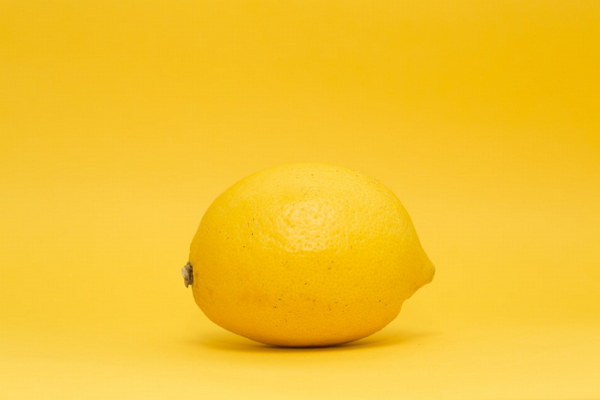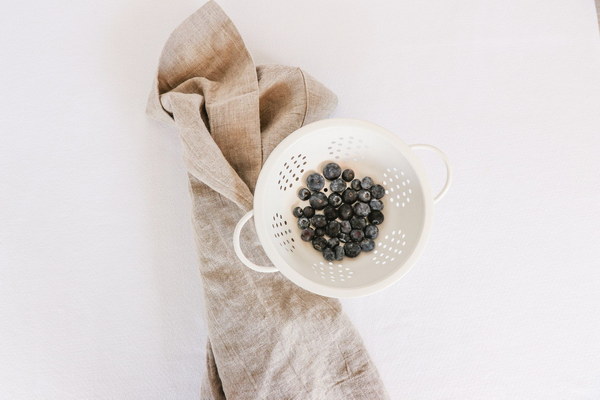Revitalizing Your Lungs Traditional Chinese Medicines Approach to PostCOVID Lung Care
In the wake of the COVID-19 pandemic, many individuals have experienced lingering respiratory issues, prompting a renewed interest in natural remedies, particularly Traditional Chinese Medicine (TCM). TCM offers a unique perspective on lung health, emphasizing the importance of balancing the body's internal systems to support respiratory recovery. This article delves into the principles of TCM and explores the various herbal treatments that can help nourish and strengthen the lungs post-COVID.
Understanding TCM's Approach to Lung Health
Traditional Chinese Medicine views the lungs as vital organs responsible for the exchange of oxygen and carbon dioxide, as well as the regulation of emotions. In TCM, lung health is closely linked to the immune system, with a strong focus on the concept of Qi (vital energy) and the balance of Yin and Yang.
TCM holds that lung issues can arise from various factors, such as external pathogens, internal imbalances, or external environmental factors. Post-COVID lung care, therefore, involves a holistic approach that aims to address these underlying causes while promoting overall health and well-being.
Herbal Remedies for Post-COVID Lung Care
1. Radix Astragali (Astragalus Root)
Astragalus is a popular herbal remedy in TCM, known for its immune-boosting properties. It is believed to strengthen the body's resistance to external pathogens and support lung recovery. Astragalus can be taken as a tea or in capsule form, and is often combined with other herbs to enhance its effects.
2. Fructus Schisandrae (Schisandra Berry)
Schisandra berries are another well-known TCM herb, prized for their adaptogenic properties. They help to strengthen the lungs, improve respiratory function, and enhance the immune system. Schisandra can be consumed as a tea, added to smoothies, or taken in supplement form.
3. Radix Codonopsis (Dang Shen)
Dang Shen is a root herb that is often used to support lung health and improve overall vitality. It is believed to nourish the lungs, enhance respiratory function, and boost the immune system. Dang Shen can be taken as a tea, in capsules, or as a decoction.
4. Rhizoma Fritillariae (Fritillaria Rhizome)
Fritillaria rhizome is a potent herb used to nourish the lungs and alleviate dry coughs, a common symptom post-COVID. It is also believed to support the immune system and reduce inflammation. Fritillaria can be consumed as a tea, added to soups, or taken in capsule form.
5. Herba Epimedii (Herba Epimedii)
Herba Epimedii is a commonly used herb in TCM for its ability to tonify the kidneys and lungs. It is believed to enhance respiratory function, improve immune system strength, and reduce fatigue. Herba Epimedii can be taken as a tea, in capsules, or as a decoction.
Supporting Lung Health with TCM Practices
In addition to herbal remedies, TCM offers a range of practices that can support lung health post-COVID:

1. Acupuncture: Acupuncture can help to balance the body's Qi, improve respiratory function, and alleviate symptoms such as cough, shortness of breath, and fatigue.
2. Tai Chi: This gentle martial art promotes relaxation, improves lung capacity, and enhances overall health and well-being.
3. Breathing Exercises: Pranayama, a breathing practice from yoga, can help to strengthen the respiratory muscles, increase lung capacity, and reduce stress.
4. Diet: A balanced diet rich in fruits, vegetables, and lean proteins can support lung health and overall immune function.
Conclusion
Traditional Chinese Medicine offers a unique and effective approach to post-COVID lung care, focusing on herbal treatments and holistic practices that promote overall health and well-being. By incorporating these TCM principles into your daily routine, you can help nourish and strengthen your lungs, enhancing your recovery and improving your quality of life. Always consult with a qualified TCM practitioner before starting any new treatment or therapy.









